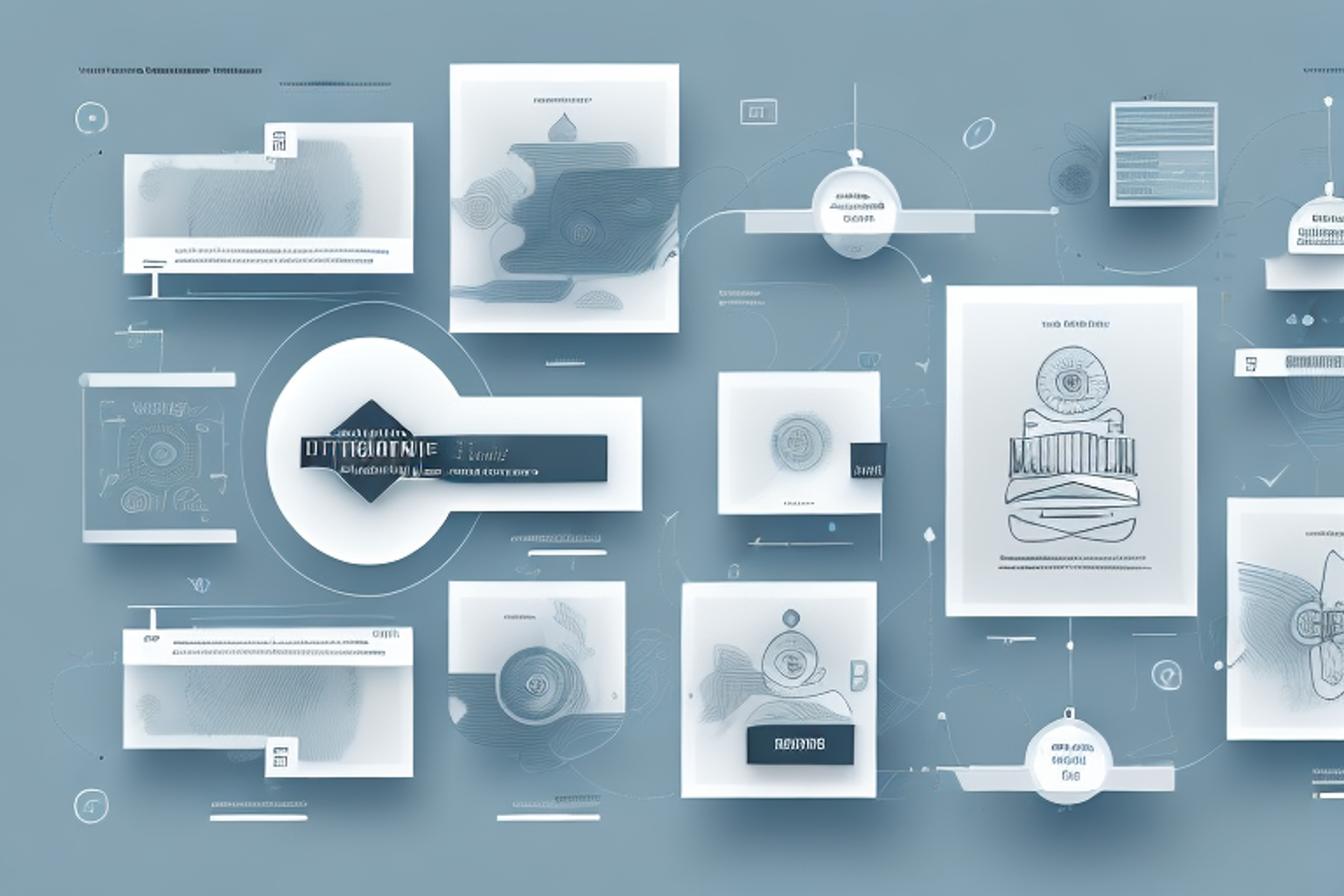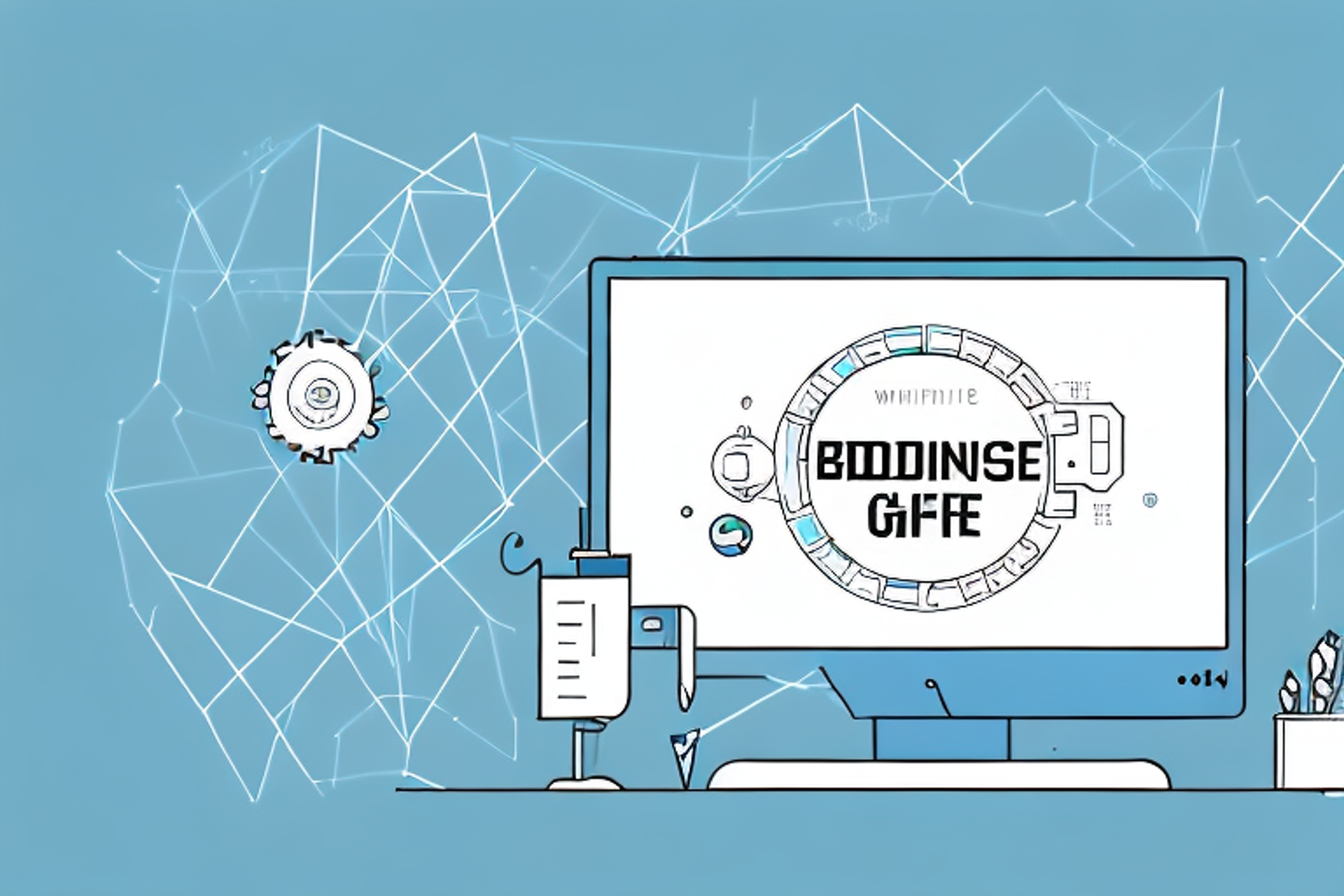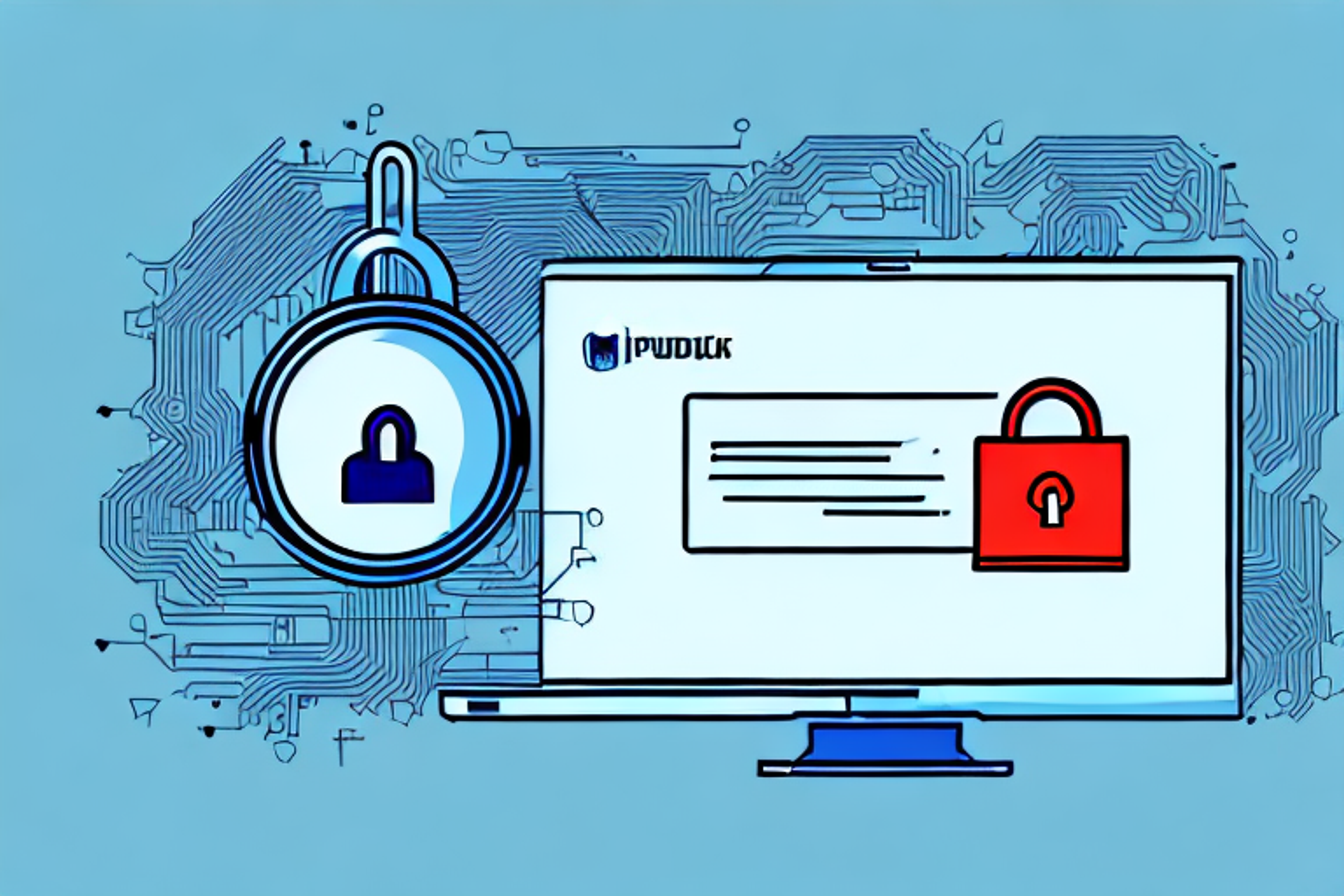How to Prioritize and Manage Deadlines for Software Engineer Deliverables
Learn how to effectively prioritize and manage deadlines for software engineer deliverables with our comprehensive guide.
Posted June 13, 2025

Table of Contents
As software engineers, we are often responsible for meeting tight deadlines for deliverables. Whether you are working on a small project or a large-scale development effort, properly managing your deadlines is essential for success. In this article, we will explore the various strategies and tools you can use to prioritize and manage deadlines effectively.
Understanding the Importance of Prioritizing Deadlines as a Software Engineer
Before we dive into the specifics of deadline management, it's important to understand why prioritizing deadlines is so critical. As a software engineer, your deliverables are often part of a larger project with many interdependencies. This means that meeting deadlines is crucial to the success of not just your own contributions, but the project as a whole.
Missed deadlines can lead to delays in other areas, which can ultimately cause projects to fail or overrun their budgets. Additionally, missing deadlines can lead to difficulties in managing workload, causing stress and burnout for both individuals and teams.
Furthermore, prioritizing deadlines allows for better time management and resource allocation. By setting and meeting deadlines, you can ensure that you are using your time and resources efficiently, which can lead to increased productivity and better results. It also helps to build trust and credibility with your team and stakeholders, as they can rely on you to deliver on time.
Tips and Tricks for Staying on Top of Your Deliverables
There are several tips and tricks you can use to stay on top of your deliverables and avoid missed deadlines. First and foremost, it's important to set realistic deadlines for yourself. This means taking into account your workload, any potential roadblocks, and the complexity of the tasks you are working on.
Another useful strategy is to break down larger deliverables into smaller, manageable chunks. This not only makes tasks more achievable, but also helps you to stay motivated and on track. Setting clear milestones and tracking your progress along the way is also key to maintaining productivity and meeting deadlines.
In addition to these strategies, it can be helpful to prioritize your tasks based on their level of importance and urgency. This allows you to focus on the most critical tasks first and ensures that you are making progress on the most pressing deliverables.
Finally, don't be afraid to ask for help or delegate tasks when necessary. Collaborating with others can not only lighten your workload, but also bring fresh perspectives and ideas to the table. By utilizing these tips and tricks, you can stay on top of your deliverables and achieve success in your work.
How to Create Realistic Timelines for Deliverables
Creating realistic timelines for your deliverables requires careful consideration of a number of factors. Start by breaking down your deliverables into individual tasks and estimating the time each one will take. From there, you can create a timeline that takes into account dependencies between tasks, potential delays, and any other roadblocks that may arise.
Be sure to validate your timeline with your team and stakeholders, and make adjustments as necessary to ensure that it is achievable and reflects any changes in project scope or requirements.
It is also important to consider the availability and workload of your team members when creating a timeline. Make sure to communicate with them and take into account any other projects or tasks they may be working on. This will help you avoid overloading them and ensure that they have enough time to complete their assigned tasks within the given timeline.
The Role of Communication in Managing Deadlines
Effective communication is essential for managing deadlines as a software engineer. This means keeping your team and stakeholders informed of your progress, any issues that arise, and any changes to timelines or priorities.
Regular check-ins with your team can help to prevent misunderstandings and ensure that everyone is aligned on project goals and timelines. Additionally, being transparent about any potential obstacles or risks can help to mitigate these issues before they become larger problems.
Another important aspect of communication in managing deadlines is setting realistic expectations. It's important to communicate with stakeholders and team members about what can realistically be accomplished within a given timeframe. This can help to prevent overpromising and underdelivering, which can damage relationships and lead to missed deadlines.
Finally, effective communication also involves active listening. It's important to listen to feedback from team members and stakeholders, and to be open to making adjustments based on that feedback. This can help to ensure that everyone is working towards the same goals and can help to prevent misunderstandings or miscommunications that can lead to missed deadlines.
Strategies for Dealing with Unforeseen Delays
Even with careful planning and the best of intentions, unforeseen delays can still occur. When this happens, it's important to have strategies in place to help you stay on track.
One effective approach is to prioritize tasks and adjust your timeline to accommodate delays. This may mean rescheduling work on lower-priority tasks, or re-assigning work to other team members. Taking a proactive approach to managing delays can help to prevent missed deadlines and ensure that you are still able to deliver high-quality work on time.
The Importance of Time Management in Meeting Deadlines
Time management is a crucial skill for any software engineer. Effective time management means setting priorities, minimizing distractions, and staying focused on your goals.
Using tools such as Pomodoro timers or time-tracking software can help you to stay productive and focused throughout the day. Additionally, it's important to take breaks and stay mindful of your own limits. Burning out can lead to missed deadlines and other issues, so be sure to take care of yourself and manage your time effectively.
Tools and Resources for Tracking and Managing Deliverables
There are a wide variety of tools and resources available to help you track and manage your deliverables. Project management software such as Jira or Trello can help you to organize your tasks and stay on top of deadlines, while time-tracking software such as RescueTime can help you to optimize your productivity and reduce distractions.
Other useful resources include online productivity tools such as Keep Me Out or StayFocusd, which can help you to limit your time spent on distracting websites or apps. Additionally, there are a variety of time-management books and courses available for those looking to improve their skills and abilities.
Balancing Multiple Projects: Strategies for Prioritizing
As a software engineer, it's common to be working on multiple projects simultaneously. This can be challenging, but there are several strategies you can use to balance your workload and prioritize your deliverables effectively.
One useful approach is to create a matrix that helps you to evaluate the priority of each task based on factors such as deadline, ROI, and complexity. Another approach is to use the Eisenhower Matrix, which categorizes tasks based on urgency and importance. These tools can help you to stay organized and focused, and ensure that you are delivering high-quality work on time.
The Benefits of Collaborating with Team Members to Meet Deadlines
Collaboration is a critical component of successful deadline management in software engineering. By working closely with your team members, you can share knowledge and resources, delegate tasks effectively, and ensure that everyone is aligned on project goals and timelines.
Regular check-ins and communication can also help to ensure that any potential roadblocks or issues are identified and addressed early on, before they become larger problems. Ultimately, collaboration can help to improve the quality of your work and ensure that deadlines are met consistently and efficiently.
How to Avoid Burnout while Meeting Project Deadlines
Meeting deadlines can be stressful, but it's important to avoid burnout and stay healthy while doing so. This means taking regular breaks, staying mindful of your own limits, and incorporating stress-reducing activities into your routine.
Exercise, meditation, and spending time outdoors are all effective ways to reduce stress and maintain your mental and physical health. Additionally, be sure to communicate with your team and stakeholders if you are feeling overwhelmed or need additional support. Taking care of yourself is key to meeting deadlines and delivering high-quality work over the long term.
Case Studies: Examples of Successful Prioritization and Deadline Management in Software Engineering
Finally, it's useful to look at some real-world examples of successful deadline management in software engineering. Case studies can help to illustrate the strategies and tools that other teams have used to meet their goals and deliver high-quality work on time.
For example, one team may have used a matrix to prioritize tasks and ensure that they were delivering work in the right order. Another team may have implemented a time-management tool to help them stay focused and minimize distractions. By studying these examples, you can gain insights into what works best for other teams and potentially apply these strategies to your own work.
Conclusion
Effective deadline management is critical to the success of any software engineering project. By prioritizing your tasks, creating realistic timelines, communicating effectively with your team, and utilizing a variety of tools and resources, you can stay on track and ensure that you are delivering high-quality work on time, every time. Remember to take care of yourself and avoid burnout, and always be open to feedback and continuous improvement. With these strategies in mind, you can achieve great things as a software engineer and contribute to the success of your team and your organization.











